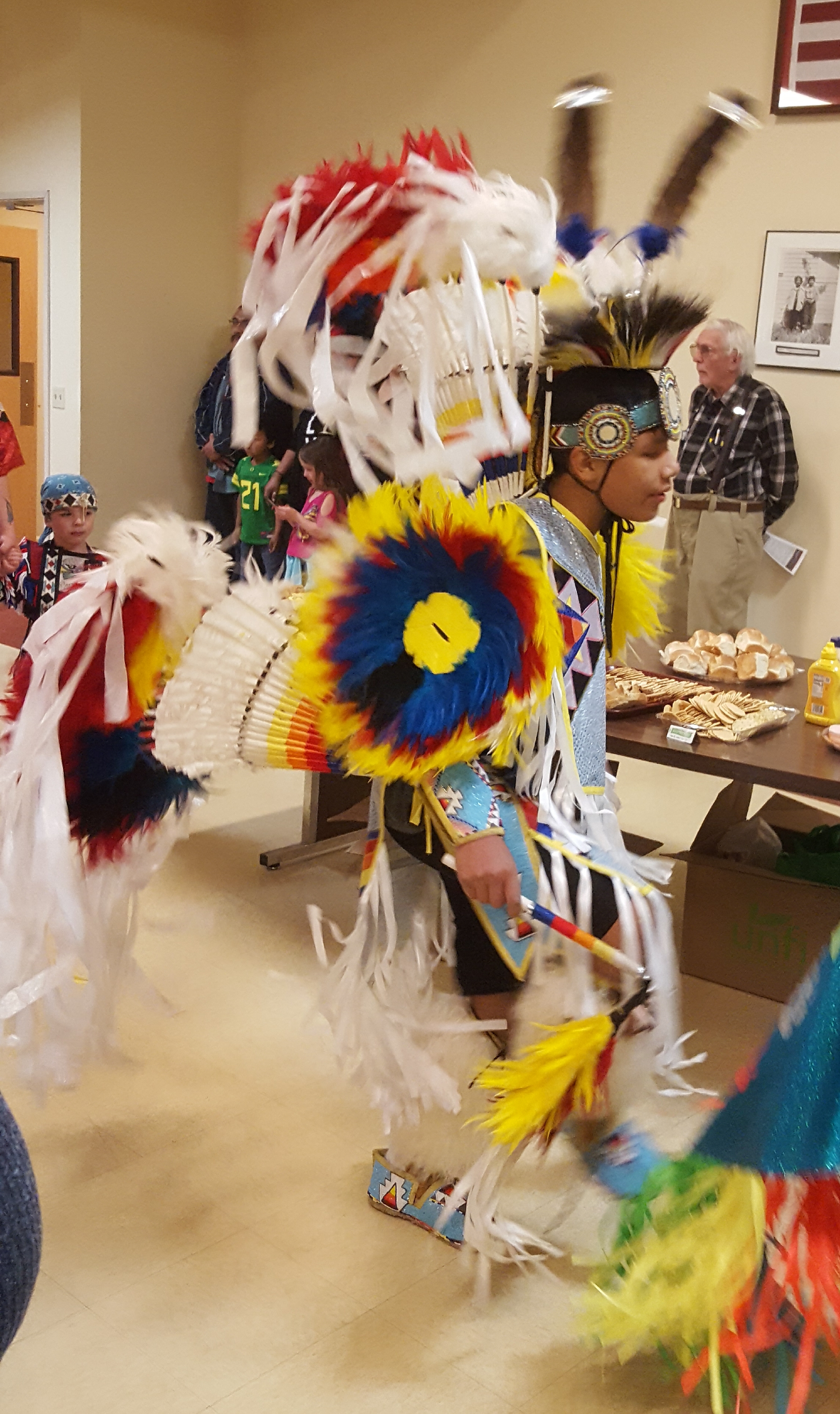
“Voice is the author’s style, the quality that makes his or her writing unique, and which conveys the author’s attitude, personality, and character; or. Voice is the characteristic speech and thought patterns of the narrator of a work of fiction.”
This definition I pulled off the internet helps define Voice, but I’m going to dig a little deeper.
Each genre, historical or contemporary, western or mystery, I have to think about the “voice” I need to use for each one. I know the example of voice says it conveys the author’s attitude, personality, and character- true, but that has to also fit the time period and the place- historical or contemporary western. Jeans in a historical are called denims or overalls – in a contemporary they could be call Jeans, Wranglers or Levis.
This also goes along with word choice. The writer needs to know if a word was used in 1880 or if it didn’t become popular until the 1900s. When I type a word when writing an historical, and it feels modern, I use online etymology, a website where you can type in a word and it tells you when it was first used and the meaning of the word at that time and later.
Same goes with my mystery books. I use terms that are contemporary but try to include a bit of a western feel or voice to the books. I do this because they are set in rural areas and because my main characters are Native American, which also leads me to think about phraseology when writing from their points of view.

Especially, my Gabriel Hawke character. He grew up surrounded by his culture, and therefore, has a deeper connection to the outdoors and the earth in general. While writing in his POV, I try to make sure his inner dialog as well as what he says to other characters captures that essence.
Shandra Higheagle, while having the love of the outdoors and making pottery from clay she digs on the mountain where she lives, she grew up in a white world and is only now learning how deep her roots go in the earth. And because of this, she is easier for me to write because I can include my wonder of the Nez Perce and their culture to be reflected in her as she is coming to know more about her family.
When I sit down to write a book, depending on the genre, I have to mentally put myself in that time and place to make sure I give the best accounting of the events that are happening and told through my characters’ eyes and emotions. If you read a book from each of the genres I write, you will see there is a bit of difference in voice because I am trying to show the story through their eyes and not mine. But some of my emotions- such as my need to show injustice – will come through in every main character.
Word choice as I commented on earlier, has to do with making sure the word is true to the time and the occupation of a character or knowing what I am talking about. I don’t know how many western romance books- contemporary and historical – I stopped reading because a character grabbed a fetlock to swing up onto a horse’s back, or they grabbed the cantle as the horse started galloping. Or what really had me tossing a book…They put the halter on the horse and slid the bridle into its mouth. The writer needs to know what they are writing about. If they don’t know, they need to look it up. I spend a third of my writing time looking things up. Even if I think I know it, I still look it up to be sure. And while I’m looking it up, I might find a better word that makes the scene sound even more convincing.
Words are what make up a book and they need to be thought about carefully. Just as carefully as the characters that are fabricated to show the story.

blog / website / Facebook / Paty’s Posse / Goodreads / Twitter / Pinterest / Bookbub

I agree! If a writer is slacking in knowledge I know, it makes me wonder if they really know the other stuff they are talking about that I hope to learn, correctly.
LikeLike
Your books show your research as well as your familiarity with horses. I appreciate that, as a reader. When I read a book and I catch one thing that’s off in an area where I have substantial knowledge (in my case, it’s health, not horses) I tend to question the author’s research in other areas. I want to feel confident with an author.
LikeLiked by 1 person